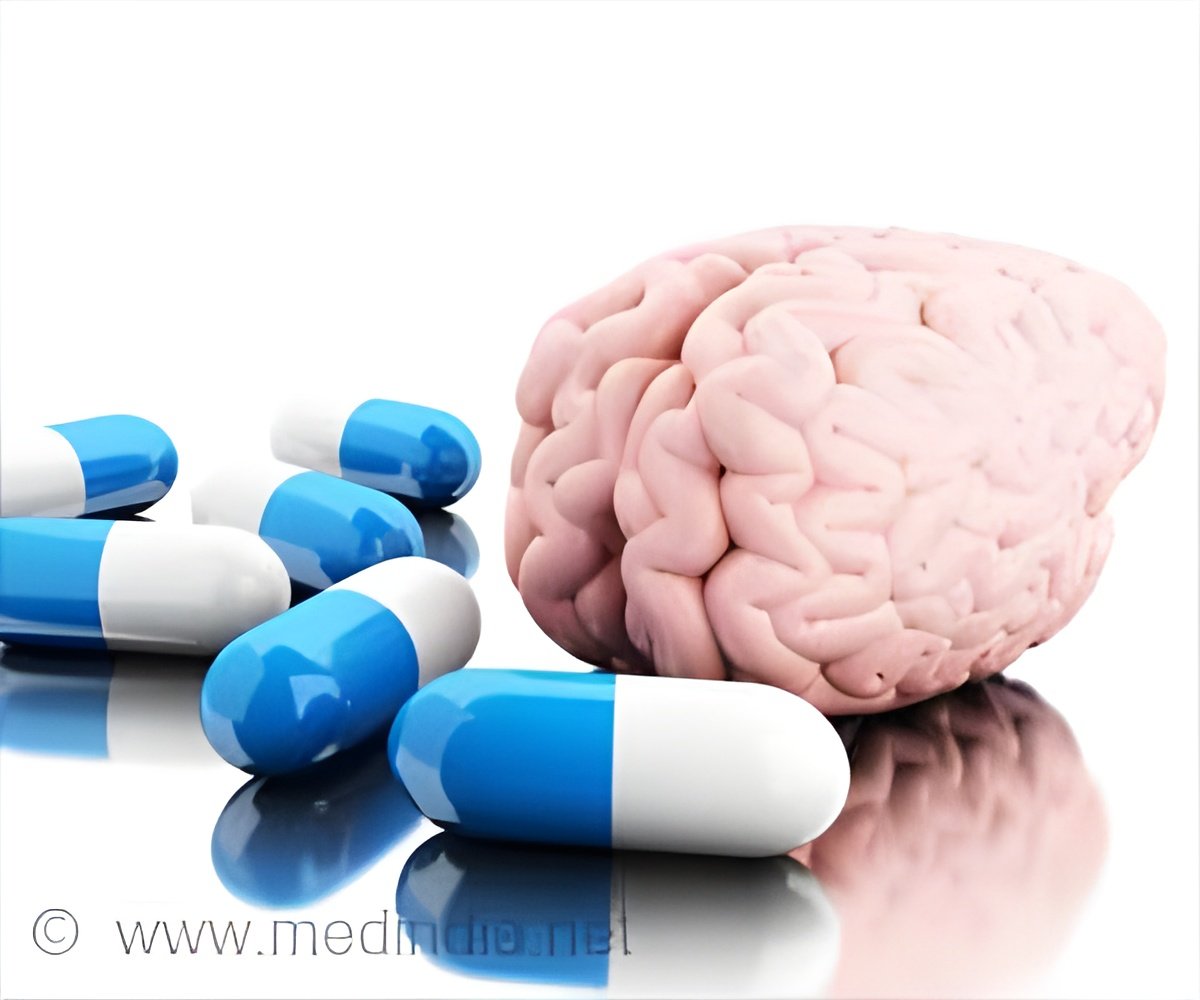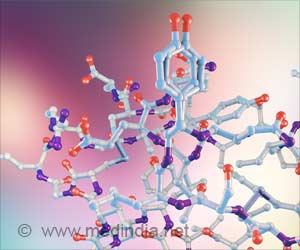Novel method to deliver therapeutics more effectively to the brain has been discovered by a team of researchers the University of Rochester Medical Center (URMC) in the US.

‘A new imaging system can not only deliver into the brain's large proteins, but also into the small molecules and viruses used for gene therapies.’





"Improving the delivery of drugs to the central nervous system is a considerable clinical challenge," said lead author Maiken Nedergaard from the University of Rochester Medical Center (URMC) in the US. "The findings of this study demonstrate that the brain's waste removal system could be harnessed to transport drugs quickly and efficiently into the brain," Nedergaard added.
The study taps into the power of the glymphatic system, the brain's unique process of removing waste that was first discovered by Nedergaard in 2012.
It consists of a plumbing system that piggybacks on the brain's blood vessels and pumps cerebral spinal fluid (CSF) through the brain's tissue, flushing away waste.
In the study, published in the journal JCI Insight, the researchers took advantage of the mechanics of the glymphatic system to deliver drugs deep into the brain.
Advertisement
The saline triggers an ion imbalance which pulls CSF out of the brain. When this occurs, new CSF delivered by the glymphatic system flows in to take its place, carrying the antibodies with it into brain tissue, the team said.
Advertisement
They believe that this method could be used to not only deliver into the brain large proteins such as antibodies, but also small molecule drugs and viruses used for gene therapies.
Source-IANS














